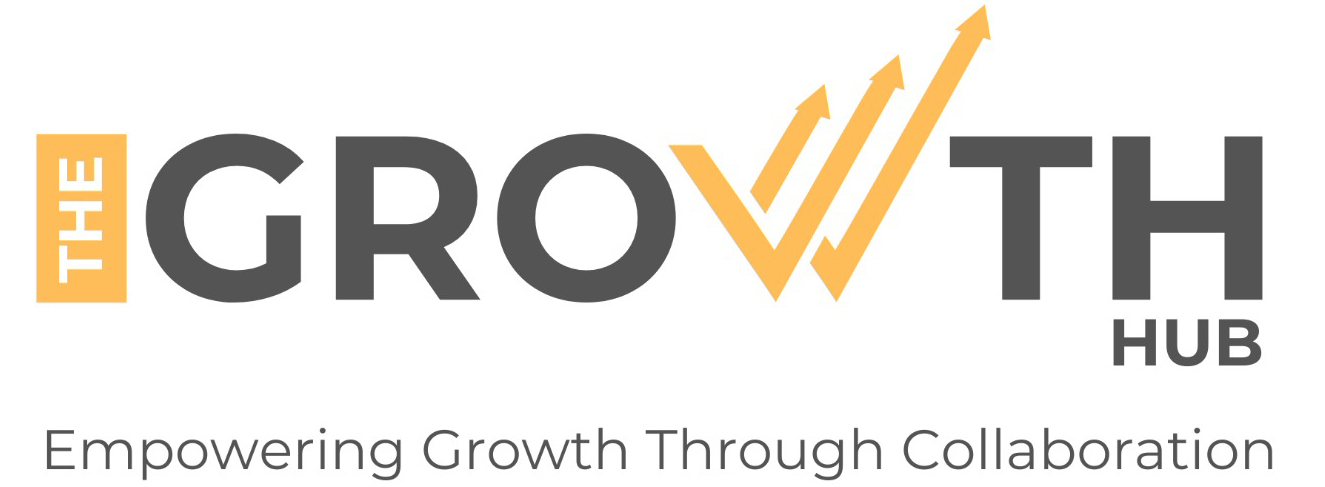
How to Use Psychology to Make Your Marketing Instantly More Persuasive
Why do customers say “yes”? This is the most important question in marketing. And it’s not answered by guesswork or guess-the-price offers. It’s answered by studying how people really behave—and why. For businesses, this understanding is no longer a luxury. It’s a growth necessity.
Small businesses make up over 99 percent of the business population. In such a saturated and competitive market, it isn’t the loudest voice that wins. It’s the voice that speaks directly to human instincts—trust, reciprocity, urgency, and social proof. These aren’t tricks. They’re principles grounded in decades of behavioural research. When used ethically, they give businesses a strong advantage.
Let’s walk through the key psychological marketing tactics that can make your messaging more persuasive and your conversions more consistent.
Reciprocity—People Feel Compelled to Give Back
When someone does something for us, we feel the urge to return the favour. This is the foundation of reciprocity, and it has powerful implications in marketing.
Offering something useful—such as a free consultation, a downloadable guide, or even a thoughtful email series—creates a subtle obligation in the customer’s mind. They’re more likely to respond positively when you later present a paid offer.
Try This
Offer a small but meaningful freebie that genuinely helps your target audience. Make it personal, not generic. A detailed local market insight for property clients or a tailored checklist for new business owners works far better than a vague “free eBook”.
Commitment and Consistency—Start Small, Then Build
People prefer to act in line with their past behaviour. Once someone takes a small step, they’re more likely to take a bigger one—especially if it aligns with how they see themselves.
If a customer has already subscribed to your newsletter, they’re more open to booking a free call. If they’ve already trialled your product, they’re more likely to upgrade. Behaviour shapes identity, and identity reinforces future behaviour.
Try This
Make it easy for customers to say a small “yes” before asking for a bigger one. Use low-friction steps—free tools, low-cost trials, or quick polls. Then build from there.
Social Proof—People Look to Others for Cues
In unfamiliar situations, people follow the crowd. This makes social proof a powerful tool in your marketing. If others trust your business, new customers are more likely to do the same.
This isn’t just about reviews. It’s about who those reviews come from, how many there are, and whether the reviewer seems relatable.
The Competition and Markets Authority recently reminded businesses of the growing weight customers place on verified, authentic reviews. Fake testimonials damage trust. Real ones build it.
Try This
Use specific, real feedback from customers. Include names and job titles (with permission), or show the number of customers served. If you work with recognisable clients or local businesses, mention it.
Authority—People Listen to Experts
When people are uncertain, they look to those with knowledge. This is the basis of authority. A business seen as credible, expert, and reliable will be chosen over one that feels unsure or unproven.
This doesn’t mean shouting about your awards or years in business. It means showing that you understand your field deeply and can explain it clearly.
In the UK, trust in expertise remains relatively high—especially when it’s backed by evidence and delivered with humility.
Try This
Write a short article that solves a real problem your customers face. Use data, show results, and explain why it matters. Share this content on your website and LinkedIn. Don’t sell—educate. Authority follows.
Liking—People Buy from People They Like
People are more likely to say yes to those they feel connected to. That might be through shared interests, values, or a simple human tone. Businesses that communicate in a friendly, clear, and consistent way are more persuasive.
In Britain, where trust is often earned slowly and over time, being relatable matters. Formal doesn’t mean cold. Friendly doesn’t mean unprofessional.
Try This
Show the human side of your business. Introduce team members. Share customer stories. Write in plain English. Avoid corporate language. If you wouldn’t say it in a real conversation, don’t write it.
Scarcity—People Value What’s Limited
We’re wired to want things that might soon be unavailable. This isn’t about pressure—it’s about clarity. If an offer is time-sensitive, or if only a limited number of places are available, let people know.
Used sparingly and honestly, scarcity can help people make a decision they were already considering.
Be careful not to fake it. Overusing scarcity damages trust, especially in a market that values transparency.
Try This
Use real deadlines for events or bonuses. For example, “This workshop has 12 places, and half are gone” or “Registration closes Friday at 5pm.” Be specific. Be real.
Conclusion
Persuasive marketing is about people, not platforms. The more we understand human nature, the better we can serve customers—and grow our business.
These psychological principles are not gimmicks. They are foundations of trust, action, and value. Used well, they make your message clearer, your offer stronger, and your results more predictable.
Your next marketing campaign doesn’t need a new budget. It needs a better understanding of why people say “yes”.
